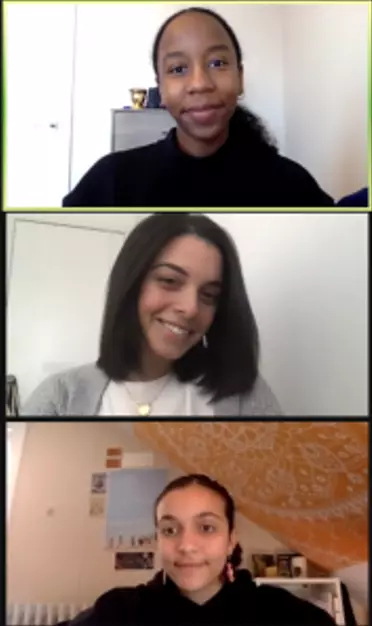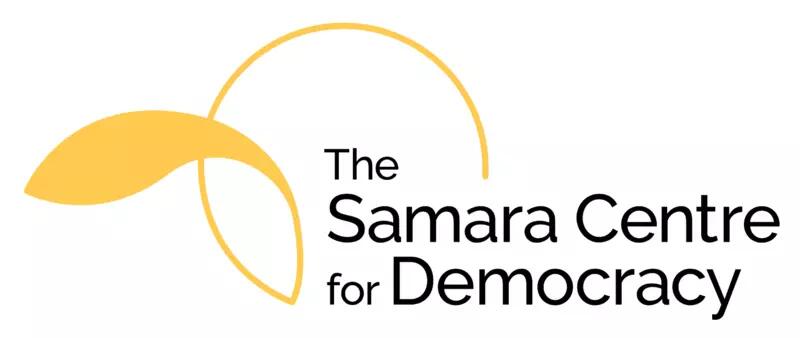In PCJ362H1S: Service Learning, students are given a learning placement in the GTA in partnership with local, national, or international not-for-profits or governmental organizations. Students work in teams of 2-7 students and help partner organizations solve important problems and further their missions, giving students the opportunity to apply their learning from PCJ to the “real world.”
This week, we continue to highlight the projects students are working on with their organizations and sharing their experiences here on our Student Blog!
April 6, 2021
Canadian Voice of Women for Peace
“Established in 1960, the Canadian Voice of Women for Peace (VOW) is Canada’s oldest national, feminist peace group. A non-profit and membership-based organization, VOW holds consultative status with the United Nations Economic and Social Council (ECOSOC). The organization is committed to amplifying the voices of women in peacebuilding through the promotion of women’s rights and with the wider recognition that women are devalued and discriminated against. VOW’s voice is often the most outspoken in Canada, advocating for not only the inclusion of women in issues concerning peace and mobilization, but also revisiting the inception of existing peace policies.
We are focusing on amplifying diverse women’s voices to be heard locally, nationally, and internationally on issues concerning the sustainability of peace. Thus far, we have developed a chapter toolkit, which serves as a more accessible way for interested community members or citizens to understand VOW’s central missions. We are currently producing a report of recommendations on how VOW can further engage youth membership. By showcasing the vision of VOW in an interactive way, we are striving for our work to mobilize more youth into critical feminist and peace issues.”
Ashwini Selvakumaran, Baris Atakan Kafadar, Lisa Toi

Canadian Council of Muslim Women

“Our team is working with Canadian Council of Muslim Women (CCMW) on its Legal Services Coordination Program, which is geared specifically towards Muslim women in Canada. It refers clients to appropriate legal counsel that can address unique cultural nuances resulting from complexities between Canadian and Muslim family law. Currently in Ontario, private resolutions through religious law are not legally binding, nor are they obliged to reflect the legal rights and interests of all parties. Alternatively, Muslim women have had to resort to Canadian family law for dispute settlement which often lacks an understanding of their unique needs and concerns.
As we navigate our lives in Canada, we have critically engaged with the same obstacles of understanding our personhood and legal rights while catering to different legal, social, and religious obligations. Ultimately, we hope to empower Muslim women by giving them the tools to make informed legal choices and to reach fair resolutions.”
Leena Badri, Hannah Ahamedi, Lina Lashin
The Samara Center for Democracy
“The Samara Center for Democracy is a non-partisan and non-profit charity that studies and promotes engagement in Canadian politics with the aim of strengthening Canadian democratic institutions. Much of the Samara Centre’s recent work has focused on the role that partisan nomination contests play as gatekeepers to Parliament, and how they can be reformed to become more accessible.
We are helping Samara with that research, specifically by studying how nominations can become more accessible to women candidates. We are interviewing riding association Presidents of all parties from across the country to understand a variety of different procedures for running in a nomination contest. We really enjoyed these conversations and have learned a lot from a wide variety of perspectives. We are also reviewing a variety of academic work on the topic of women’s participation in party nominations. From looking at these procedures, we hope to understand which structural reforms can increase the accessibility of nominations.”
Ryan Hamilton, Charles Deng, Rachel Martino
